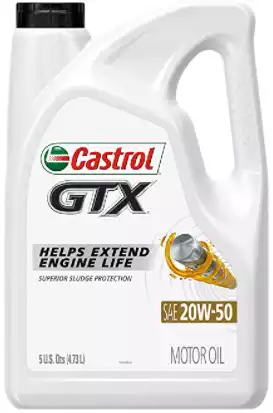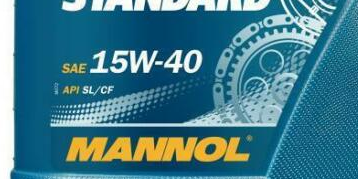Engine oil has three important jobs in the marine diesel engine.
- Lubricate surfaces which move against one another
- Help heat dissipate from the cylinders
- Absorb the by-products of combustion (including soot) in the cylinder which is why it goes in clear and comes out black

What is the best engine oil to put in my small marine diesel engine?
In the last twenty or so years, diesel engines for road vehicles have undergone tremendous engineering advances in both power output and efficiency. Engine oil has changed to keep abreast of these changes with semi-synthetic and fully-synthetic engine oils allowing engines to run hotter and work with tighter tolerances than ever before. However, what’s great for your car engine might not be any good for your yacht engine. The engines currently powering our fleet of small yachts were actually designed a number of years ago to power industrial machinery. Other companies then “marinised” these engines for use in salt-water environments. There is much evidence that these older, simpler designs of diesel engines do not work well with newer synthetic engine oils.
Mineral Oil
Simply put, old diesel engines were designed to work with mineral oil and using anything else can, in certain conditions, cause damage to your engine (such as bore polishing – see below). Most older marine diesels (Yanmar, Penta, Bukh etc) were supplied specifying that API-CD oil should be used. According to API, this oil specification is now obsolete but it is still (just about) possible to buy mineral oil of this spec. Some folk wouldn’t use anything other than the brand named oils from Shell, Castrol (GTX is a well regarded mineral oil), Mobil etc. Shell Helix is well regarded by many. Other yacht owners are very happy with a cheap and cheerful alternative by Mannol. Both are widely available at auto stores and online. [Click here to see the current price of Castrol GTX on Amazon.com]

Oil Grade
The grading system for engine oil consists of two numbers, both of which refer to the viscosity (or thickness) of the oil. Marine diesel engines often specify oil graded at 15W40. This signifies a multi-grade oil which, when cold, has the same low viscosity as Grade 15W “winter” oil. This will help with cold starting and help coat the engine parts when the engine is cold. However, when the engine has warmed up to its operating temperature, the oil’s viscosity will equal that of a thicker Grade 40 oil. This helps reduce wear by providing suitable lubrication. Generally, this type of multi-grade oil is suitable for marine diesel engines.
Diesel School: Click to learn more about the Oil Grading System
Why do synthetic oils not work well in marine diesels?
The problem with using high-spec synthetic oil in older diesel engine designs is that it can quickly cause bore polishing. Bore polishing leads to excessive oil consumption by the engine and reduced power output, and it’s very difficult to rectify.
Diesel School: Click to learn more about the problem of Bore Polishing
The bottom line
If you’re in a foreign port and you urgently need engine oil then look for quality branded mineral oil. You need 15W40 grade, with a spec to API CF-4, which is the official replacement for API CD. Note that the can might say “API SL/CF” – don’t worry; that’s the one you want. The “SL” bit refers to the spec for petrol engines; the “CF” bit refers to the spec for diesel engines.

So in conclusion, just in case you’ve skimmed this page. A good semi-synthetic is certainly better than no oil at all and if I had no other choice then I’d put it in in my trusty old Yanmar 2GM. The next day, though, I’d be flushing it out and replacing it with mineral oil.

